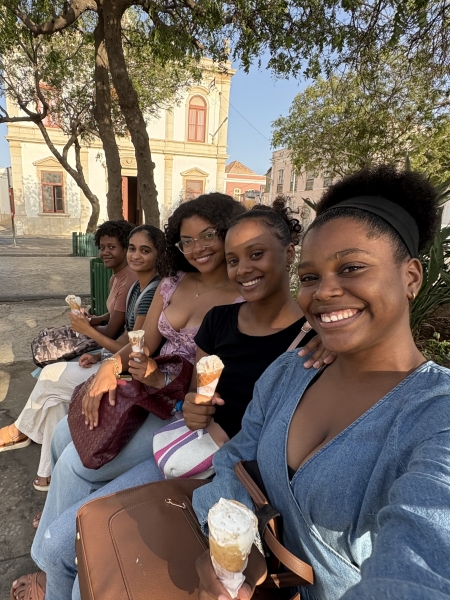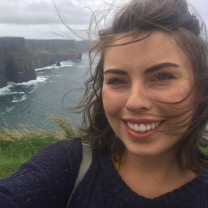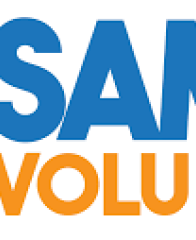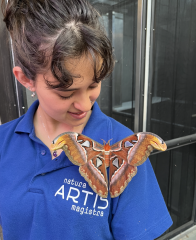 / Intern in Santiago, Cabo Verde
Subscribe
/ Intern in Santiago, Cabo Verde
Subscribe

In June, I, along with four other local interns, created a curriculum surrounding juvenile delinquency and its impact on Praia, Santiago’s community. Based on our findings, we created, applied, and presented brief projects aimed at teaching young children (ages 8-12) how to recognize and oppose peer pressure, the social, emotional, and cultural consequences of juvenile delinquency, and alternative outlets they can depend on to keep themselves out of trouble. Though our research produced many conclusions, my most vital takeaway is the importance of youth-focused programs outside school hours, especially in underserved communities. Cabo Verde is a country composed mainly of working class households. Parents and caretakers at work (sometimes 6 days a week) cannot account for their children during vacant hours of the day. Therefore, it was not uncommon to see young children loitering in the streets during school hours and late into the night.
Our first month was what solidified my decision to pursue a degree in Education Studies. What I noticed during my time there is that many of these children have wide imaginations, quick-witted personalities, and a voracious curiosity unlike anything I’ve seen before. I can’t help but wonder where they would be in twenty years if given the appropriate resources to hone these skills from an early age. While I don’t yet know what I want to do with my Education Studies degree, I know it will be something founded upon advocacy and the belief that no mind should be left behind.
In July, Raga, the seven local interns, and I conducted a case study aimed at understanding the decreasing rate of academic retention among Uni-CV students. We interviewed ten students of different genders, backgrounds, schools, and academic journeys. Our objective was to locate social, cultural, and economic factors that prevented these students from completing their studies in a relatively linear fashion. Based on these findings, we delivered a series of student-given proposals of how the university’s administration and faculty can assist in breaking down these barriers. Conjunctly, we worked on an infographic that visually laid out the gender and geographic distribution of the students within the university’s undergraduate programs, which helped us map out further academic disparities with their community.
The highlight of my internship was connecting with the country’s people and their culture. From katxupa to cuscus, batuku to funana, I was always well-fed and entertained. Additionally, I learned that kriolu isn’t all that different from Portuguese and that, if I focus, I can understand about 70% percent of the country’s language. My summer was marked by my many visits to the beautiful beaches and mountains of Tarrafal (one of which included the most treacherous hike of my life), sunrise on the Sao Francisco beach, being chased by a wild goat in Cidade Velha, and the endless number of movie nights with the other American interns we met along the way.




